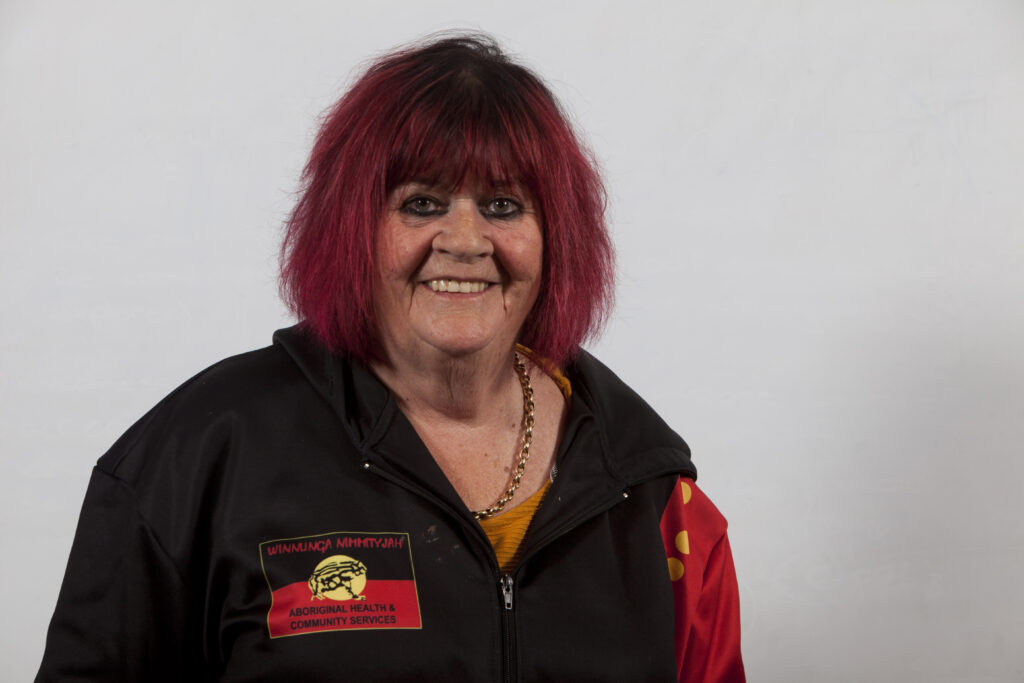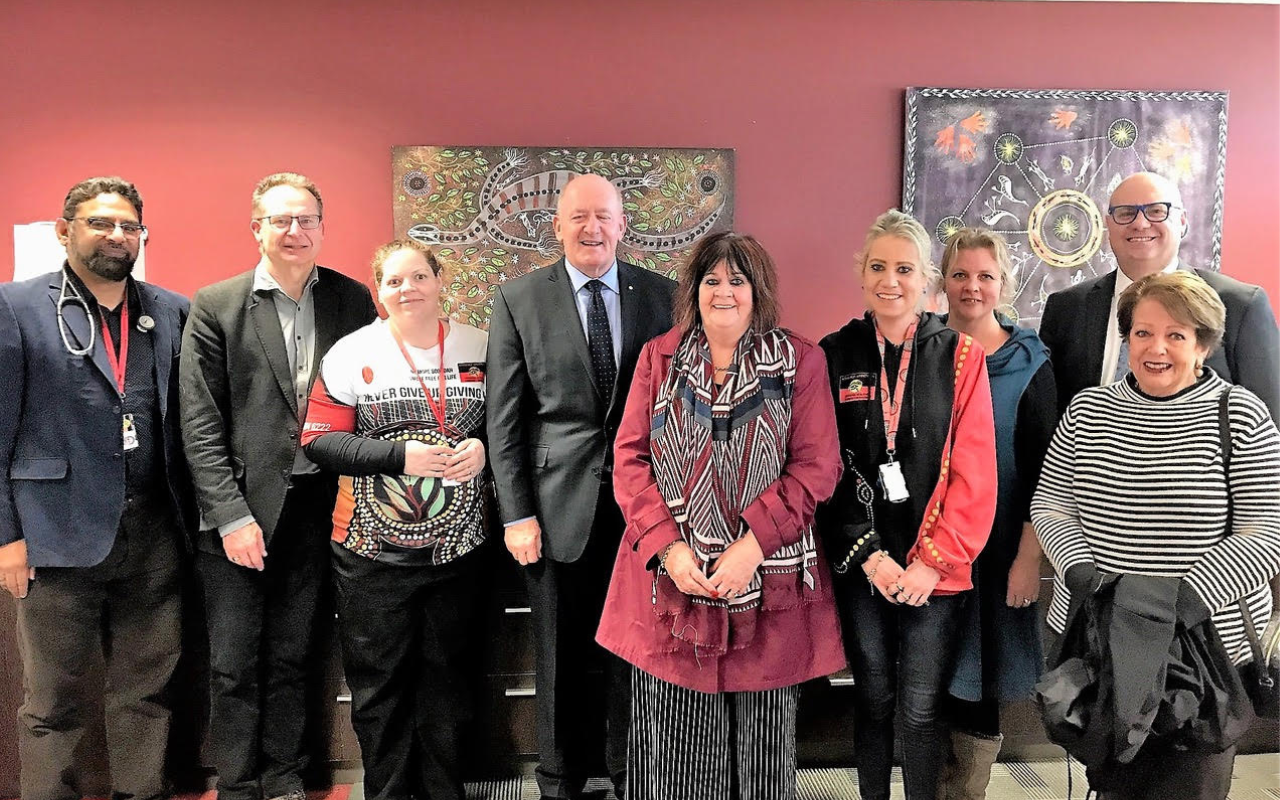Ahead of NAIDOC celebrations next week, we speak to Indigenous researchers and the CEO of an Aboriginal community-controlled health organisation about the importance of the celebration.
Australia will mark NAIDOC Week from Sunday 2 July, a celebration of Aboriginal and Torres Strait Islander life, history and culture, which is the oldest living culture in the world.
Although the roots of NAIDOC were present before the 1920s, when Aboriginal activist groups began protesting for their rights, today it is an important celebration of First Nations peoples.
Indigenous researchers and leaders interviewed for this article say there is a lot to celebrate in First Nations health care.
They say First Nations peoples continue to deliver successful outcomes with Aboriginal community controlled health initiatives around Australia, as well as demanding and delivering Indigenous-led medical research and data (the Lowitja Institute held its 3rd annual international conference last week).
Aunty (Dr) Lynette Riley AO is an Associate Professor of Indigenous Studies and Aboriginal Education at the University of Sydney and Co-Chair of the National NAIDOC Committee.
“Our survival is proof that we are here, and we’re not going away,” Associate Professor Riley said, who added that NAIDOC is an important forum to highlight current issues for Indigenous peoples.
“Part of [NAIDOC] is ensuring that we are following the directions of the Elders who were present the very first Sorry Day with William Ferguson,” Associate Professor Riley said. “We need to ensure that non-Indigenous Australia gets educated on what the issues are for us,” she said.
A/Prof Riley said that each year’s theme is an opportunity to open discussion and learn together.
The 2023 theme is “For our Elders”.
“Elders are pivotal to everything that we do. They’re the people who hold our cultural knowledge. They help to support our communities against institutional racism and the impact of colonisation,” said A/Prof Riley. “Without them, we don’t have our culture,” she said.
Celebrating decades of success in local health care
The late Olive Brown, an Aboriginal leader and health worker, set up a temporary health service in Canberra to support people living and protesting at the Aboriginal Tent Embassy in 1988.
In 2023, that service has become the Winnunga Nimmityjah Aboriginal Health and Community Services (WNAHCS), an Aboriginal community controlled primary health care service in Canberra, operated by the Indigenous community of the ACT.
It has a budget of $15 million and provides crucial health care to First Nations peoples from over 300 postcodes (the ACT itself has 90).
Julie Tongs OAM is the Winnunga CEO and was among its first board members.

“Australia is a racist country, and racism is one of the biggest factors impacting on my people on a daily basis,” Ms Tongs said.
“The importance of having Aboriginal community controlled health services is that we provide culturally appropriate care. Particularly our disadvantaged and vulnerable clients,” Ms Tongs said.
“By us, for us” – First Nations pandemic response a “global role model”
The Aboriginal community controlled health sector has received acclaim both in Australia and internationally for its successful management of the COVID-19 pandemic and vaccinations.
The successful response has been labelled a “global role model”, and a “dramatic reversal of “the Gap” (here).
Ms Tongs said that Winnunga achieved significant wins during the COVID-19 pandemic.
“The Aboriginal community controlled services were the standout health services when it came to our response to COVID-19,” said Ms Tongs.
“We didn’t have a huge number of deaths. I wish we didn’t have any. But the way that we all came together as a sector and worked with government — we were able to manage it. It was a huge achievement,” said Ms Tongs.
Winnunga employed its own architects and builders to complete a new build during the COVID-19 pandemic, finishing on time and under budget.
“We worked on a construction site during [the] COVID-19 [pandemic],” Ms Tongs said. “But we ran a PCR testing clinic, as well as a well-person’s clinic. We didn’t have a day off. And then with the rollout of the COVID-19 vaccinations, we were ready to go,” she said.
Winnunga’s achievements in health care have been ground-breaking for decades, Ms Tongs said.
“One of our greatest achievements is being able to deliver a service to First Nations detainees in prison here in the ACT,” she said.
“We run a clinic there — we have doctors and nurses, a forensic psychologist, and Aboriginal staff that go into the prison.
“It’s huge — and we are the first ones in the country to do that.”
Ms Tongs said that NAIDOC celebrations are important to both Indigenous and non-Indigenous staff at the service.
“NAIDOC Week is a real celebration of all the wonderful things that we do in our communities, every day.”
NAIDOC 2023 events are being held from 2 to 9 July.
Subscribe to the free InSight+ weekly newsletter here. It is available to all readers, not just registered medical practitioners.

 more_vert
more_vert